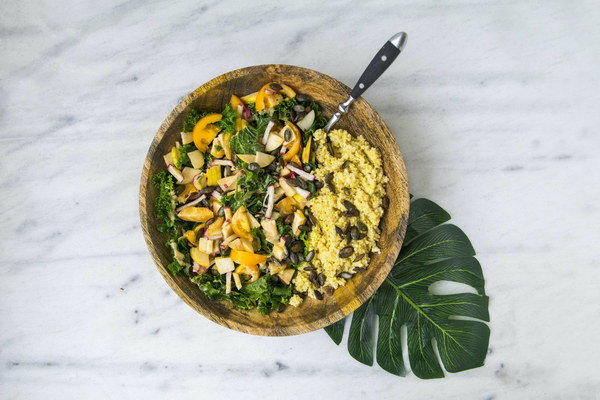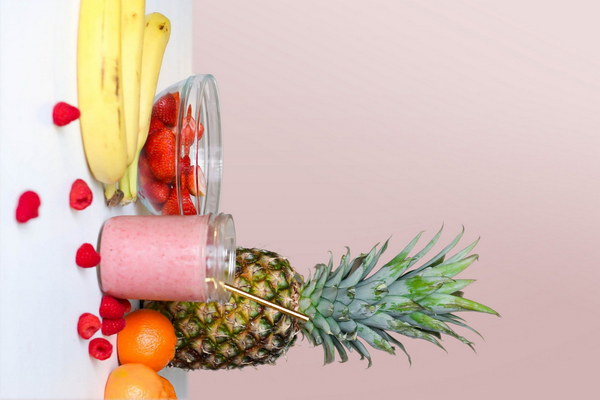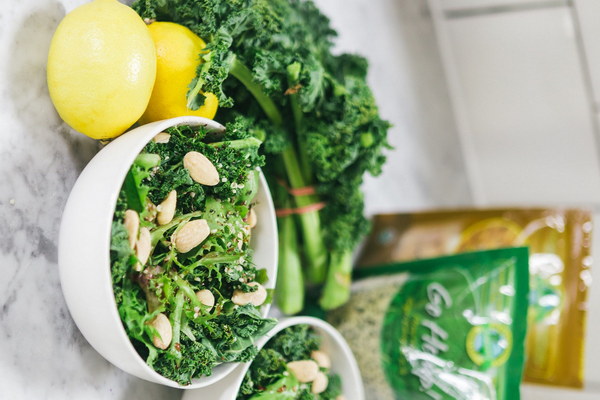Peanut Leaf A Natural Remedy for Liver Health – Does It Work
In the realm of natural remedies for liver health, the use of peanut leaves has gained attention. Known for their medicinal properties, peanut leaves have been traditionally used in various cultures to treat a range of ailments, including liver-related conditions. But does the notion that peanut leaves can protect and heal the liver hold any truth? Let's delve into the science and folklore surrounding this intriguing plant.
The Tradition of Peanut Leaf for Liver Health
Peanut leaves, also known as Arachis hypogaea leaves, have been a staple in traditional medicine for centuries. In many Asian countries, they are believed to possess potent liver-protective properties. The leaves are often dried and used in teas, decoctions, or as a poultice applied topically to the skin.
The folklore suggests that peanut leaves can help in treating liver disorders such as hepatitis, jaundice, and liver cirrhosis. They are also thought to boost the immune system and improve overall liver function.
Scientific Evidence and Research
While traditional practices offer anecdotal evidence, modern science has yet to fully substantiate the claims regarding peanut leaves and liver health. However, there have been several studies exploring the potential benefits of these leaves.
One study published in the Journal of Ethnopharmacology in 2010 examined the anti-inflammatory and antioxidant properties of peanut leaves. The researchers found that the leaves contain compounds that have a protective effect on the liver, suggesting that they might indeed help in preventing liver damage.
Another study, reported in the International Journal of Food Sciences and Nutrition in 2013, looked at the impact of peanut leaf extract on liver enzymes in rats. The results indicated that the extract could help lower levels of liver enzymes, which are often elevated in liver diseases.
How Peanut Leaves May Benefit the Liver
The potential benefits of peanut leaves for liver health can be attributed to several factors:
1. Antioxidant Properties: Peanut leaves are rich in antioxidants, which can help neutralize harmful free radicals and protect the liver from oxidative stress.
2. Anti-inflammatory Effects: The anti-inflammatory properties of peanut leaves may help reduce inflammation in the liver, which is a common feature of many liver diseases.
3. Detoxification: Some studies suggest that compounds in peanut leaves may aid in the detoxification process, helping to remove harmful substances from the liver.
4. Enhanced Liver Function: The potential ability of peanut leaves to lower liver enzyme levels could indicate an improvement in liver function.
How to Use Peanut Leaves
If you're interested in using peanut leaves for liver health, here's how you can incorporate them into your routine:
- Peanut Leaf Tea: Boil a handful of dried peanut leaves in water for about 15 minutes. Strain the tea and drink it twice a day.
- Peanut Leaf Poultice: Grind the dried leaves into a fine powder and apply it as a poultice to the affected area. Cover with a cloth and leave it on for several hours.
- Peanut Leaf Decoction: Combine equal parts of peanut leaves and turmeric roots. Boil the mixture in water for about 20 minutes. Strain and drink the decoction twice a day.
Conclusion

While the scientific evidence supporting the use of peanut leaves for liver health is still emerging, the tradition of using these leaves in folk medicine is well-established. As more research is conducted, we may gain a clearer understanding of how peanut leaves can contribute to liver health. Until then, if you're considering using peanut leaves, it's advisable to consult with a healthcare professional to ensure safety and efficacy.
Remember, while natural remedies can offer support, they should not replace conventional medical treatments for liver diseases.





![Revolutionizing Auto Beauty Discover the Ultimate Luxury Experience at [Brand Name] Car Spa Chain](http://img.bluepurple.cn/a/养生/360/Revolutionizing-Auto-Beauty-Discover-the-Ultimate-Luxury-Experience-at-Brand-Name-Car-Spa-Chain.jpg)



